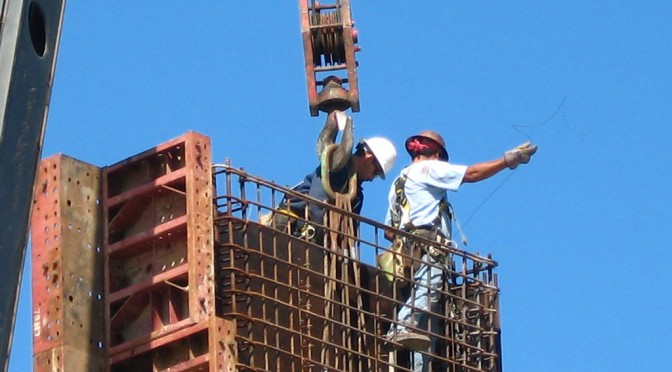In a potentially striking blow to the Uber-ization of the state’s economy, the California Labor Commission declared this week that a San Francisco-based Uber driver is an employee, and not an independent contractor, of the company. The implications of this ruling could be far-reaching, requiring the company to start offering benefits and protections to its drivers — which it has, until now, managed to skirt.
In an article by Amy Langfield on CBSMoneyWatch, Murphy Institute Prof. Stephanie Luce explains:
“Employers have been increasingly shifting the risks of the employment relationship onto workers – whether in the form of classification as independent contractor, or moving to on-call scheduling, shifting from defined benefit to defined contribution pensions (or to no pension at all), and so on […] Workers and worker organizations have been resisting and fighting back – not just in the U.S., but in other parts of the world (similar issues are happening in Europe – and Uber is also engaged in similar legal battles in many other countries).”
“I think the ruling is significant both because of its impact on such a large and growing global company (Uber), but also for the possible spillover effects to so many other industries that have been moving in the same direction of attempting to evade the legal responsibility of the employer/employee relationship[…]”
For the full article, visit CBSMoneyWatch.
Photo by noeltock via flickr (CC-BY-NC).







